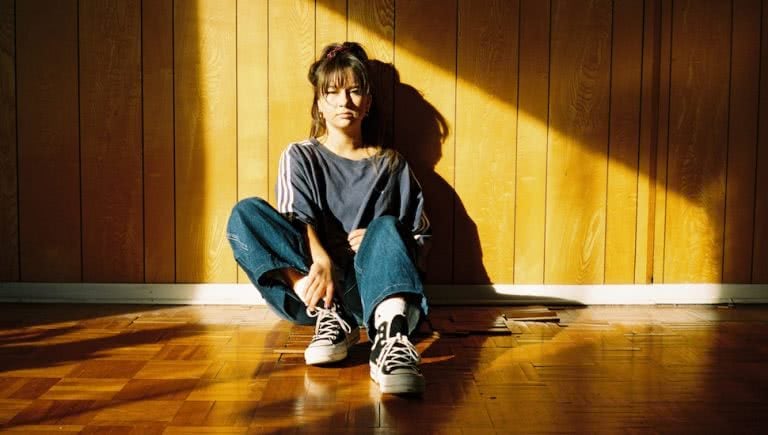Mallrat has called out “progressive” Australian artists who still hire predominantly male crews.
Sharing her thoughts on Twitter this morning, Mallrat (real name Grace Shaw) pointed out the glaringly obvious elephant in the room.
“Hmm yes actually it does piss me off that Australian artists think they’re sooo progressive and yet I look around backstage at festivals and everybody else’s crew is just Dave Dave Craig Mike,” she wrote. “Like in what other industry can you EXCLUSIVELY have men on your pay roll and simultaneously position yourself as liberal cool modern inclusive bla bla bla.”
Like in what other industry can you EXCLUSIVELY have men on your pay roll and simultaneously position yourself as liberal cool modern inclusive bla bla bla
— Mallrat (@lilmallrat) February 22, 2023
It isn’t the first time the singer has called out gender disparity within the Australian music industry. Last year, she called out the 2022 ARIA Awards having just one-fifth non-male nominees.
Love Music?
Get your daily dose of metal, rock, indie, pop, and everything else in between.
The gender gap in the Australian music industry has been slowly narrowing, but women are chronically underrepresented in the industry at almost every level, including on festival lineups, on the boards of peak music bodies, in media, and at record companies.
An annual report conducted by triple j’s Hack over the five years to 2019 found an overall trend towards gender equality across the five music festivals they analysed, and a marked improvement in award nominations for female artists pre-pandemic.
In 2017, research conducted by the University of Sydney’s Women, Work and Leadership Research Group suggested that Aussie women earned less than males do in the music industry, and faced gender inequality in two key ways: who ‘makes it’ as a performing artist, and who ‘makes the decisions’ which impact the industry.
Last year’s Raising Their Voices report, which presented the findings of an independent review into sexual harm, sexual harassment and systemic discrimination in the Australian contemporary music industry, found that 72 per cent of women have reported experiencing some sort of workplace sexual harassment and harm, and almost three-quarters of perpetrators of sexual harm were men.
The report recommended that there should be increased representation of women “in both leadership and broader representation including in relation to senior corporate roles, festival event programming, line ups and all tiers of billing and award nominations”.
The recommended benchmark target by 2030 was 40:40:20: 40 per cent male, 40 per cent female, and 20 per cent all genders in key leadership roles across organisations greater than 15 employees, and at all industry conferences, events, panels and on bills and lineups.
To answer Mallrat’s rhetorical question, the Australian screen industry doesn’t fare much better in terms of gender equality, according to a report by Screen Australia.

































